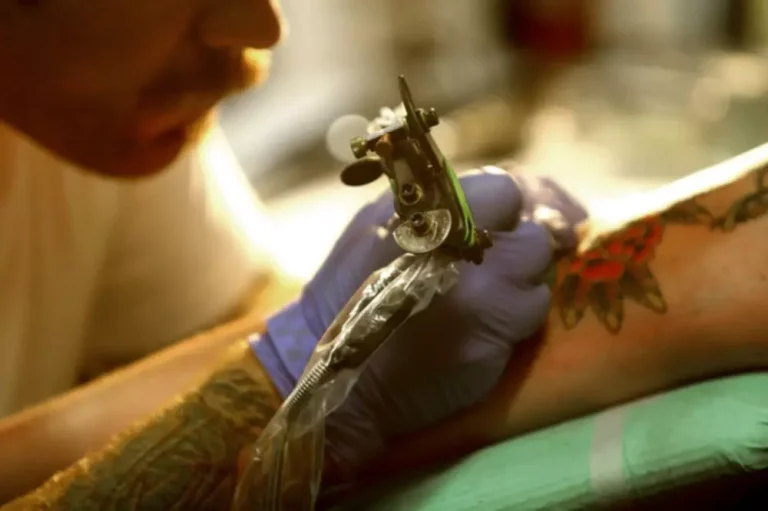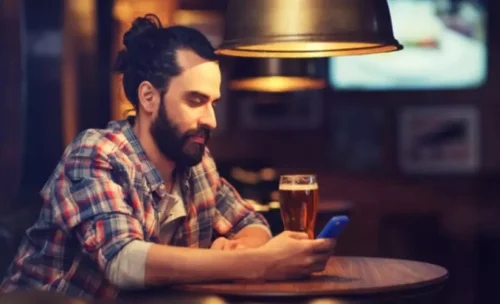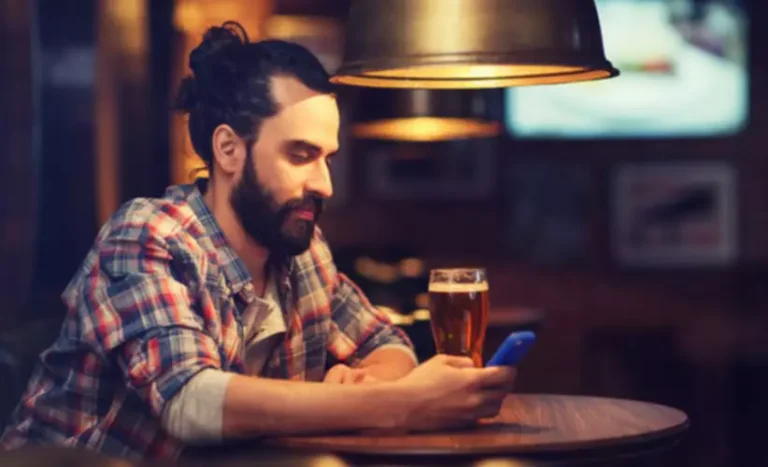6 Reasons Why You Suffer From Alcohol Anxiety and What To Do About It

These types of medications aren’t only for people who suffer from depression as they can also help people suffering from anxiety disorders as well, such as dipsophobia. Some common antidepressants are Paxil, Zoloft, fear of alcohol and Lexapro, among several others. Exercise has been shown to be extremely beneficial for people suffering from anxiety disorders, including dipsophobia.

Methyphobia Treatment Options
These symptoms can most certainly trigger a bout of anxiety after excessive drinking. You may experience brain fog after drinking which can make it hard to focus and concentrate. Your friends and family may have dismissed it as abstinence, but you know you don’t have a choice—you are deathly afraid of drinking alcohol. If you’re afraid of having a drink, then you’re probably tired of explaining yourself at parties and celebrations. Additionally, genetic predispositions may play a role, as individuals with a family history of alcohol-related issues may develop similar fears.
Combining CBT and DBT for Maximum Results
Rather, it is rooted in irrational thinking patterns and a fear response triggered by past experiences or genetic predispositions. Dipsophobia is not a choice, nor is it the result of someone taking a conscious stance against consuming alcohol, whether that be based on ethical or health reasons. Instead, this condition is likely based on a chemical imbalance in the brain that may be due to things such as family history and/or environmental factors, among other things. With therapy and a gradual exposure to wine-related situations, individuals can gradually reduce their fear and regain control over their lives. About 3.1% of the U.S. population is affected by generalized anxiety disorder, according to the Anxiety & Depression Association of America. If you’re feeling nervous about being in a social setting, you may pour yourself a glass of wine to self-regulate any stress.

Physical Symptoms
Then, they move on to more challenging scenarios, like attending social gatherings where others might be drinking. This step-by-step process allows you to experience panic attacks and drug addiction treatment extreme anxiety in a controlled environment under professional supervision. It’s akin to being terrified of a specter, yet instead, it’s an alcoholic beverage. People who suffer from dipsophobia can experience extreme distress and panic in social situations that involve alcohol. Last but importantly, we aim at helping you recognize the impact of unreasonable thinking habits on your mental health while dealing with such anxiety disorders. It’s important to note that dipsophobia is not a result of conscious choices or ethical beliefs about alcohol.
Managing anxiety and alcohol
- Dipsophobia is called the fear of drinking alcohol, but the actual fear experienced can have many aspects.
- Someone with dipsophobia may use this common societal norm as reassurance that alcohol itself is something worthy of being feared.
- And as outlandish as they may sound to some, there are quite a few, and they should be taken seriously.
- Rather than seeking help, many individuals conceal their condition, driven by feelings of shame or guilt.
- Effective therapeutic interventions are available to help you overcome your fear of alcohol.
The person is not a “problem” or an “alcoholic,” they are someone who has a condition and needs help. Stigma is a set of negative opinions and beliefs surrounding a person’s circumstance, behavior, or quality. The stigma surrounding alcohol use disorder discourages individuals from seeking timely treatment, perpetuating cycles of harm.
The Independent has reported that alcohol holds back glutamine – which keeps you awake. Once you’ve stopped drinking (and gone to bed), the body floods the body with glutamine trying to wake you up making it more difficult to get a good night’s sleep. Your heart rate can become elevated as a result of consuming alcohol which can cause a palpitation false alarm and put you into a state of anxious anticipation. Most times dipsophobes will have an unrealistic view of the world, since their ideas and perceptions are built around their fear.

Understanding Dipsophobia: The Fear of Drinking
It is a technique that is used with patients who are distressed because of their irrational thoughts. A closely related phobia is Potophobia – Which is a fear that you’ll lose control while drinking and not know what you may have done. What you want is to get better, to no longer have to explain why you hate the idea of alcohol. Additionally, therapy offers https://ecosoberhouse.com/ opportunities for clients to process past trauma and understand the influence of familial and social factors on their fear, empowering them to reclaim control over their lives. However, this is not always the case because phobias can also be inherited as socially acquired beliefs from the people and environment in which you were brought up as a child. Methyphobia symptoms tend to be automatic leaving the sufferer feeling like they have little or no control over the way they feel.